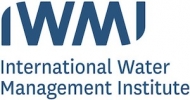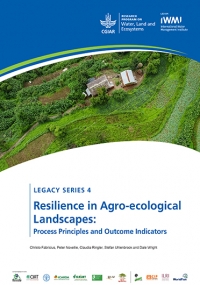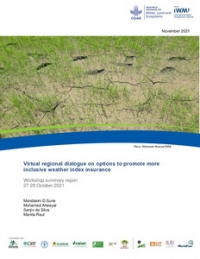Spatially referenced information on gender particularly for large geographic areas is currently not available. This research will address this identified gap in four river basins (Ganges, Nile, Volta, Mekong), and provide an evidence base on gender for future research. Results will include geo-referenced basin-level maps of quantitative sex disaggregated data, qualitative case studies, and analyses of gender relations as they pertain to the water sector thus affecting land and ecosystems. The quantitative data product will inform IWMI and WLE planning and policy at the basin, sub-basin, national and regional scale. The qualitative data will be indicative of the complexities and specificities of gender relations. These context specific examples will attend to the nuances of gender relations and intersecting factors such as class, caste, religion, ethnicity and migration which reflect the complexities of every-day lived realities. Further, an innovative web-based interactive tool that collates all the project data as an information source for researchers, practitioners, donors, governments and other stakeholders will be developed in 2015. An open source document, it will appear as a live link on the IWMI and WLE websites to which data can be uploaded by an identified administrator following a review process.
menu





/index.jpg?itok=EzuBHOXY&c=feafd7f5ab7d60c363652d23929d0aee)









